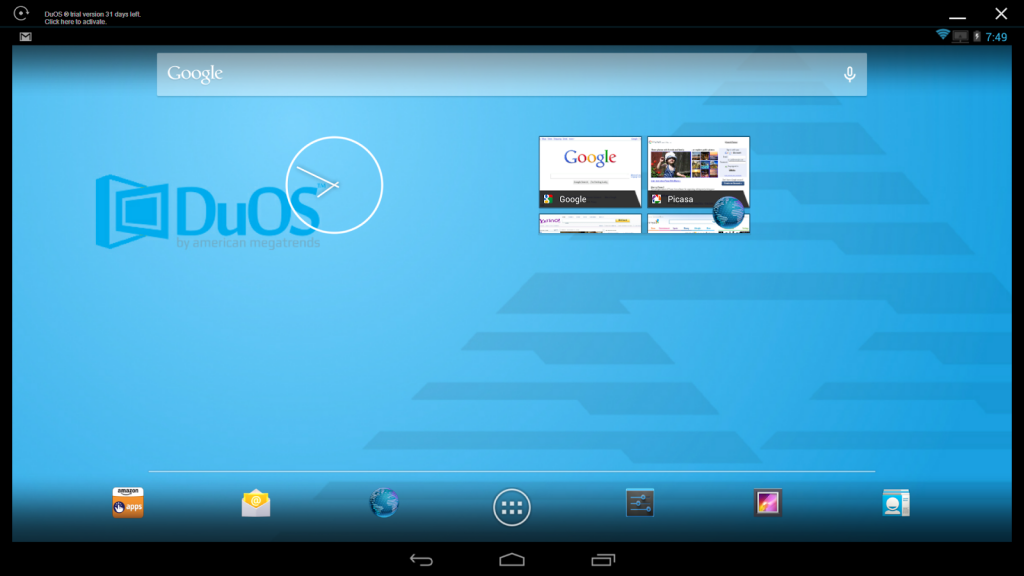If you’re building a PC, chances are good that if you’re going to make a mistake, the selection you will make a mistake on is the case. Sure, you might like for it to look like a spaceship, but you might not be so keen on it sounding like one. Looks aren’t everything, and while colored LEDs, windowed panels, and LCD screens all look cool, at the end of the day all you should want in a case is the three C’s of cases: Cooling, Conditioning, and Convenience. How does Fractal Design’s Define R4 stack up? Find out in today’s review.
Cooling
It’s hard to separate Cooling and Convenience on this one, since part of what makes the cooling so great is that you have so many options for it. While the Define R4 only ships with two 140mm fans (one on the front panel and one on the rear panel), as many as five more fans of the 140mm and 120mm variety can be added, or alternatively folks going for water cooling can swap out fans for a couple radiators.
Regardless of your setup, the general airflow will run from vents on the side of the front panel through the case and out the back and base. Depending on your choices, air can also go out the top and left side as well. Since the case is fairly large for a mid-tower, there’s plenty of room to push air through and keep things cool. In my tests, the Define R4 kept the internal components 3-5 degrees (C) cooler than a cheap, standard-fare case by a different manufacturer, and that using only two 140mm front panel fans and a 140mm rear fan all on the 12V case setting. Speaking of which, yes, you can directly control case fan speed by adjusting the voltage with a switch on the front panel. 12, 7, and 5 volt settings are available and allow the user to balance cooling and fan noise as they see fit.
Convenience
Pretty much whatever you want to do with your PC, Fractal Design has already thought of and built the Define R4 to accommodate. The tower officially supports ATX, Micro ATX, and Mini ITX motherboards, but you could technically go larger if you don’t mind covering up a rubber grommet or two. The case design is, in a word, fantastic. Fan assemblies, drive trays—everything is modular to the extreme, leaving numerous configurations possible as well as making the case easy and convenient to clean (very important for airflow). If you’re rocking a foot-long graphics card, no problem—just remove a couple thumbscrews and slide out the upper drive tray. Want to add in a couple SSD’s without taking up space alongside regular HDD’s? Mount them behind the motherboard tray. The space is there and the design allows for just about anything you could want in a PC case. A generous amount of space is even left on the sides for hiding cables, which are held in place by rubber grommets in key locations and zip-ties included with the case. Talk about convenience—Fractal Design hit the nail on the head.
Conditioning
The Define R4 really defines itself (pun completely intended) by its noise dampening, which is effective, but only to a certain degree. The aforementioned case fan controller is something of a catch-22, as by keeping the insides cool you increase case fan noise, but by decreasing case fan noise you increase internal temperatures, causing CPU and GPU fans to pick up the slack and create more noise instead. In the end it’s the foam and other sound dampening insulation which lines the insides of the case that makes the biggest difference. If you have a loud machine, don’t expect the Define R4 to make it whisper under full load, but it will bring your PC down a few notches to use its “inside voice” instead. All that being said, Fractal certainly has the competition beat—the R4’s soundproofing isn’t miraculous, but there’s really nothing better out there.
Conclusion
If you already have a PC case, it’s probably not worth switching to the Define R4 for the noise dampening benefits alone, but the terrific design, smart cable management system, and budget-friendly price really set it apart as one of the best mid-tower cases on the market today. It doesn’t provide a lot in the way of frills, but those going for function over form will find very little to complain about and an awful lot to love. I can safely say that as an overall package this will be my first recommendation to PC builders…at least until the Define R5 comes out!










